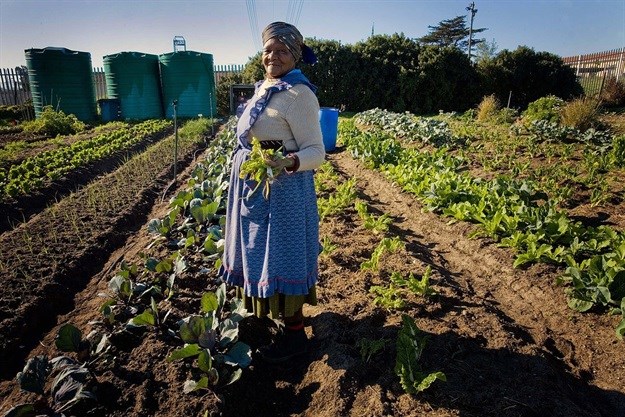
Top stories





Marketing & MediaAds are coming to AI. Does that really have to be such a bad thing?
Ilayaraja Subramanian 19 hours

More news
















In a study funded by the DST-NRF Centre of Excellence in Food Security (CoE-FS), Durojaye and colleagues wanted to understand “why are we not seeing litigation challenging government on its failure to achieve access to food for all, given that the Constitution explicitly protects the right to food”.
The researchers reviewed broad swathes of literature, legal documents and international agreements to better understand how the right to food is protected in South Africa, and what government and civil society organisations are doing (or not doing) to ensure that nutritious food is available to all. The researchers also compared the South African case to India, where civil society organisations have successfully held the Indian government accountable to guarantee the right to food for all citizens.
“We looked at the Constitution and other national policies relating to the right to food,” says Durojaye, “as well as South African commitments to international and regional human rights law, like UN treaties and human rights instruments, and other regional human rights instruments related to the right to food.”
The UN’s special rapporteur on the right to food visited South Africa in 2011, and many of his comments and recommendations are in line with Durojaye’s findings. “The laws, policies and programmes to ensure access to food are all in place, but poor implementation has stopped these interventions from being effective,” explains Durojaye. The special rapporteur also found that a lack of coordination between government departments was holding back access to food for all.
Overall, the research team found that very little is being done by civil society to hold government accountable for these failures. Durojaye cites the example of the Treatment Action Campaign as a successful civil society movement that forced real change in protecting citizen’s constitutional rights – specifically, the right to health. Currently, there is no coordinated campaign focused on the right to food.
“Most organisations in South Africa don’t have a clear understanding of what the right to food means,” says Durojaye. “You don’t have to die of hunger before you know the right to food has been violated.”
Durojaye hopes that this work will encourage civil society organisations to step up and begin fighting for the right to food, while acknowledging that his research group also needs to provide support to this sort of campaign. “One of the mandates of the CoE-FS is advocating for human rights issues, especially the right to food. No-one is questioning our government’s performance in achieving universal access to food. We need to do more to hold them accountable.”
Organisations such as the Studies in Poverty and Inequality Institute and Black Sash along with several community organisations have started to advocate for a right to food campaign, and Durojaye hopes that his research group can be involved.
“We would be really interested in being part of that movement so that we can contribute our expertise and knowledge,” he says. “We will also continue to work with government and the Chapter 9 institutions - especially the South African Human Rights Commission - to see how we can help realise the right to food.”
This research sets the tone for future conversation and discussions by identifying what is limiting access to food in South Africa and providing suggestions about how to go about changing the status quo.